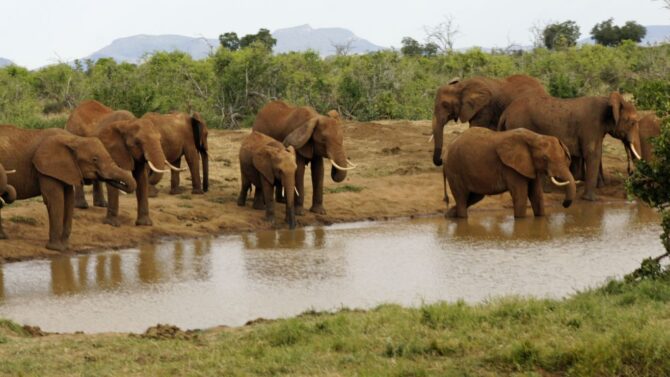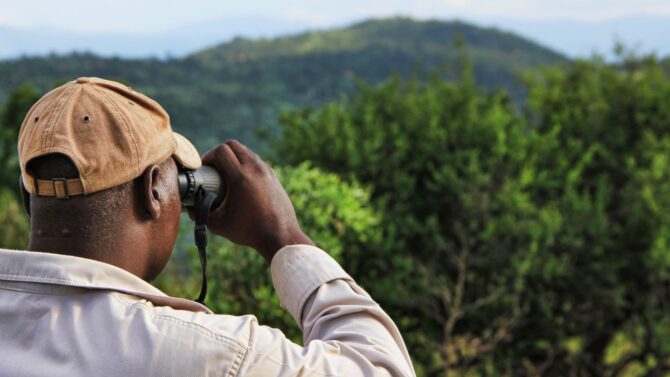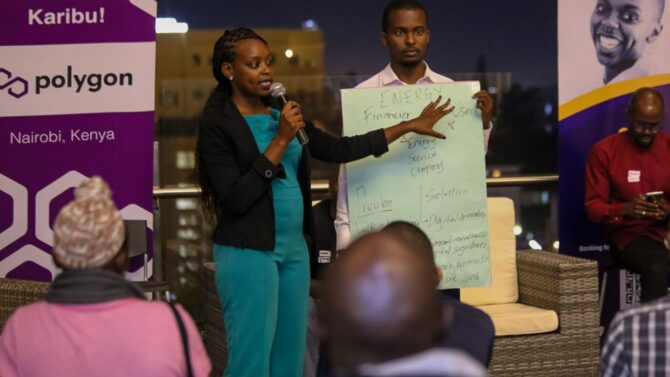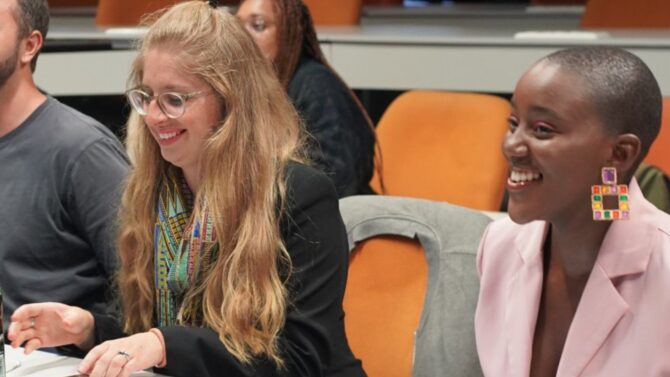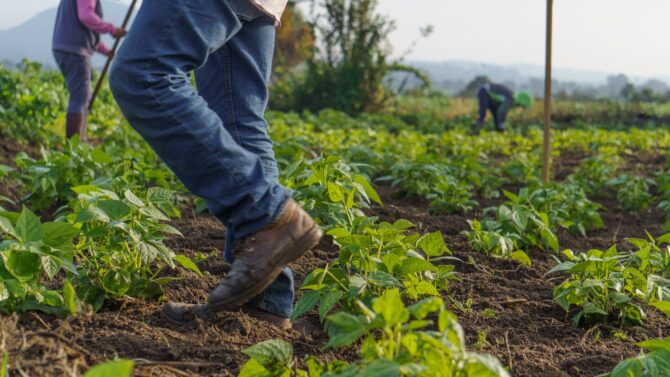Web3 for Wildlife Conservation in Kenya (II)
Human-wildlife conflict poses a persistent challenge within the Maasai Mara Ecosystem, jeopardizing both local communities and precious wildlife populations. The delicate balance between human settlements and wildlife habitats has been strained, demanding innovative approaches for coexistence and conservation. In response to this pressing issue, Impact Plus orchestrated a workshop that introduced pioneering strategies to mitigate…
